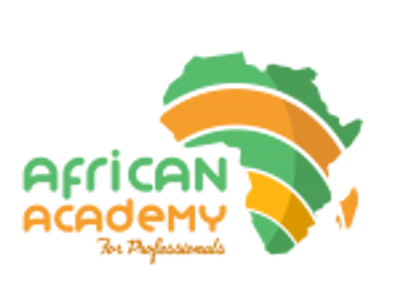Course description
ABOUT THE COURSE:
Data collection training course is designed to describe data collection methods and tools from technical and practical perspectives, and their characteristics in detail. This course is basically divided into six (6) modules and each module is further segmented by sub-lessons. This course facilitates learners with lectures that provide both theory and Hands-On knowledge. Similarly, practical cases are provided with every module in order to place every session into practical.
More specifically, in those six modules in the course, you will learn the general concept of research, the basics of research designs (quantitative and qualitative approaches), the types/sources of data, basics of sampling designs, data collection methods (questionnaire, interview, document analysis and observation) with using current applications like ODK, Monkey Survey, Google Form etc. At end of each module, you’ll apply the skills learned throughout the module to successfully complete the final capstone project.
WHAT YOU WILL LEARN:
- Describe data collection stages and compare their methods for selecting specific research inquiry
- Describe the data collection methods and tools, and compare their applications
- Implement data collection tools streams with practical cases.
- Implement data collection tools streams with different modes; paper work, online (ODK, Monkey Survey, Google forms).
SKILLS YOU WILL GAIN:
- Techniques for selecting data collection methods
- Techniques for Formulating and setting data collection tools and checklists
- Implement data collection instruments and checklists
TARGET GROUPS:
Group 1: Researchers/practitioners in the field of research activities (different level of data collection skills).
Group 2: Students from different academic fields/discipline (want to gain skills on the data collection systems).
Methods and Materials for Facilitating Effective Learning and Skill Transfer:
- Offering short practical lessons using simplified terms to facilitate better understanding of knowledge and information content.
- Using a visual language and real tools that are easy to understand for the participants
- Facilitating practical sessions where the participants can get hands-on experience while applying printed tools and templates (questionnaire, interview, document analysis and observation checklists).
- Using projector and flip charts for easy presentation
- Discussion and reflection after each session
- Short breaks and energizers
Course contents


Attachments
How to apply
We look forward to receiving your application. The deadline for application Online Class is [December; 21st, 2024]
Duration: 6 Days
Class: 6 Days (6:30pm – 9:00)
Number of Participants: 20 Participants Only in class while online more than that number (Register Early -->> Click Here )
Online Start & End Date: (21st December, to 27th December 2024)
Location Office: Ali Gobannimo Building, 3rd Floor, Togdheer, Hargeisa.
Requirement
Fee:
Companies/Organizations: $30.00, Individual: $20 & Students: $20.00 (Must have an ID)
(Inclusive Trainer Incentive, Refreshment, Papers & Certificates). For groups of 5 and more, 1 will be free.
Bank Account Details
Deposit to Bank: Dahabshiil Bank
Account Name: African Academy for Professionals
Account Number: HRGD75468
Zaad Number: 0634730610 African Academy for Professionals
Contact Details:
Mobile Office: +252634730610
Office Line: 523851
Registration Link: https://forms.gle/1NeQvqfhV7yAEW2e6
Trainer profile
From professional perspective: Master of Educational Policy and Planning, Master of Research, Data Analysis and Statistical Method for Social Science. I am research and policy development professional by training and sustainable development practitioner, for more than 8 years, I have been extensively working in a very dynamic work environment on diverse cross-cutting thematic areas; research; environmental and social impact assessment; public policy and planning; empowering and promoting youth training programs; contributing to civil society organizations and youth-led development initiatives, as well as conducting research projects.


